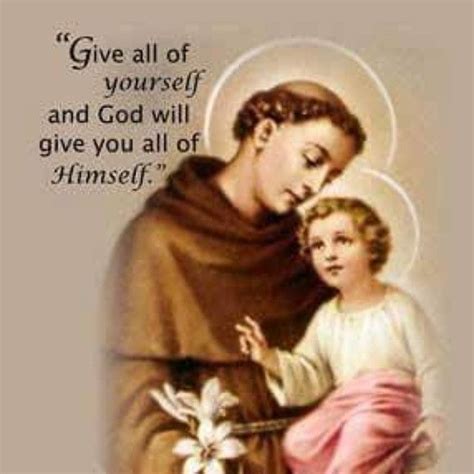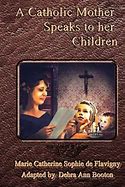
JUNE 13 is the traditional memorial of ST. ANTHONY OF PADUA (+1231). St. Anthony was the first teacher of the Franciscan Order, a fascinating preacher, a priest, and a declared Doctor of the Church.
St. Anthony was born in 1195, in Lisbon, Portugal. His parents were Martin and Mary Bulhoes (or Bulhom), of a very prominent family. The baby was named Fernando Martins de Bulhoes.
At 15, the young Fernando chose to join the Augustinian canons, near Lisbon. However, like most young people, he was interrupted often by friends coming to visit and chat, mostly about politics. After two years, he was transferred to the Abbey of Santa Cruz in Coimbra, the capital of Portugal at the time. He studied intently and was ordained. After his ordination, he became the hospitality master of the abbey.
At the same time, the Franciscan Order had been established and a few of the monks settled in a hermitage near Coimbra dedicated to St. Anthony of Egypt. When five beheaded Franciscan missionaries were returned from Morocco and processed around the city, Fernando was smitten with the idea of doing the same and being martyred. Their strict rules of poverty and missionary work spoke to Fernando and he asked and received permission to join the new order, taking the name Anthony in 1220.
Soon, Fr. Anthony received permission to go to Morocco as a missionary. He became very sick on the voyage and had to take another ship back to Portugal. However, the ship was driven far off course and they landed in Sicily. Fr. Anthony was treated as any other sick missionary and treated well, although no one knew him. He stayed at the hermitage of San Paolo in Tuscany as he regained his health, praying and studying scripture. Because he never really recovered, he was told that he could not go to Africa and try his hand at preaching to the Muslims.
Fr. Anthony presented himself as a simple, humble worker, who prayed alone. But, at an ordination attended by Dominicans as well as Franciscans, he was asked to preach off the top of his head. His words were so enlightening and full of wisdom, his superiors knew they had something special here.
Here is where St. Francis entered the story. He was the founder of the Order, and suspicious of preachers, who, he thought, were too proud of their learning. Fr. Anthony was not vain or impressed with himself. Impressed with the younger man, by 1224, Fr. Francis asked him to be the first novice teacher, beginning in Bologna.
Within 2 years, Fr. Anthony was named provincial superior of northern Italy. This required his going from town to town, doing much preaching. This was a time where clerics lived well and only talked about poverty, but not demonstrating fasting and giving up. The people saw them as being hypocritical. But, in Fr. Anthony, they saw a man who lived his words. They gathered in great crowds to hear his simple explanations of God and His goodness speaking in allegories and quoting the Scriptures. The churches were too small to house the people, so he often had to preach in the market squares to hold the numbers. Relic seekers came with scissors and knives to cut pieces of his robes as souvenirs and, eventually, he needed a body guard to keep him safe. He made at least 400 speaking trips from his base in Padua to cities in northern Italy and southern France.
How did St. Anthony become the patron saint of missing items? At that time, there was no printing press. Any book was hand written. Anthony had a book of psalms, which was very dear to him. Not only was it hand written, but it included his notes for teaching the novices. One novice grew tired of the training and chose to leave, taking the prized book with him. When Anthony realized what happened to his book, he prayed for its return. The novice not only returned the book, but rejoined his class. The book is now in the Franciscan monastery at Bologna.
St. Anthony was only 35 when he died on June 13, 1231. He was traveling back to Padua from a speaking engagement. He got as far as a suburb when he died, gazing at his city. Miracles occurred soon after his death. Within a year, his friend, Pope Gregory IX, had him canonized, calling him the Ark of the Testament.
“The devil is afraid of us when we pray and make sacrifices. He is also afraid when we are humble and good. He is especially afraid when we love Jesus very much. He runs away when we make the Sign of the Cross.”—St. Anthony

Available at Amazon in paperback

Recent Comments